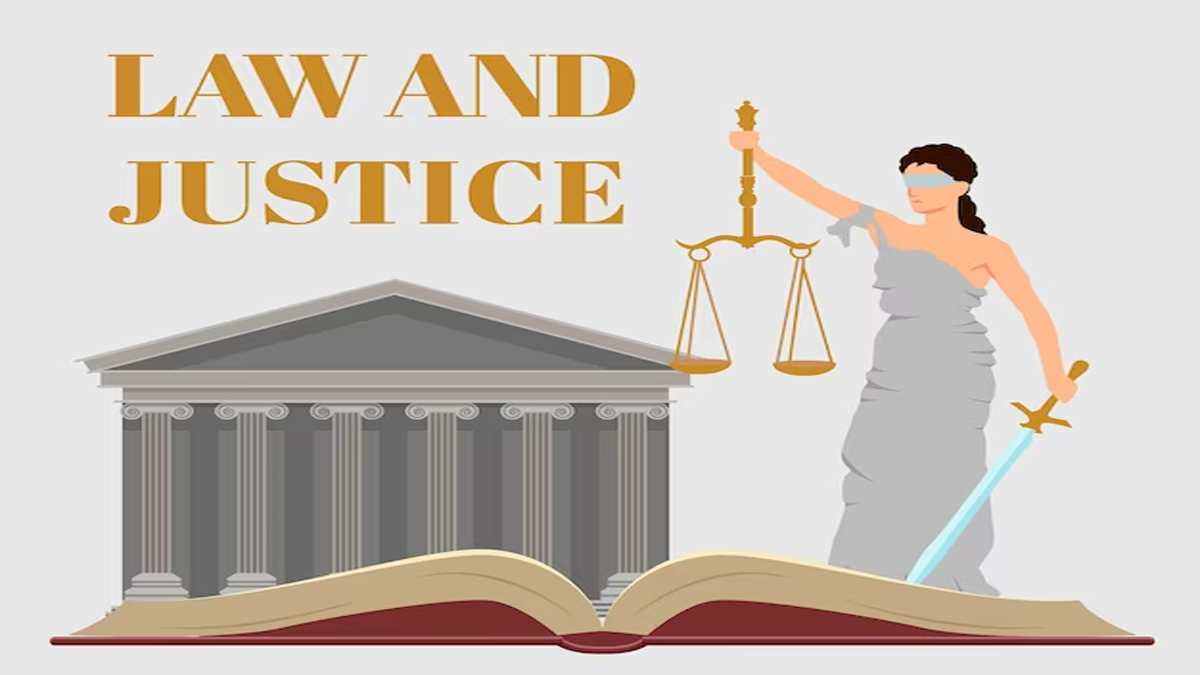The case unfolded as follows:
In 1995, S.R. Sukumar, the appellant, published a critical article in the magazine “The Week,” targeting the political leader, Sunnad Raghuram.
In response to this article, Raghuram filed a defamation suit against Sukumar. The trial court subsequently found Sukumar guilty of defamation and sentenced him to one year of imprisonment.
While the High Court upheld Sukumar’s conviction, it reduced the sentence to six months of imprisonment.
Dissatisfied with the High Court’s decision, Sukumar appealed to the Supreme Court, contending that his article was safeguarded by the constitutional right to freedom of expression.
The Supreme Court concurred with Sukumar’s arguments, ultimately delivering a landmark judgment that reverberated in the realms of free speech and defamation law. The Court affirmed that Sukumar’s article was indeed protected by the right to freedom of expression, emphasizing that it addressed a matter of public interest. Moreover, the Court underlined the importance of allowing the public to critique and scrutinize political leaders, as it is an essential component of a robust democracy.
In its comprehensive judgment, the Supreme Court made several noteworthy observations concerning the right to freedom of expression:
- Fundamental Right: The Court reaffirmed that the right to freedom of expression is enshrined as a fundamental right within the Constitution of India.
- Limited Restrictions: While acknowledging the importance of free speech, the Court also recognized that this right is not absolute. It may only be restricted on specific grounds, such as national security, public order, and the protection of the rights of others.
- Democracy’s Linchpin: The Court emphasized that the right to freedom of expression is particularly vital in a democratic society. It enables citizens to actively engage in the democratic process and serves as a crucial mechanism for holding those in power accountable.
Furthermore, the Supreme Court underscored that defamation laws should not be utilized as tools to suppress dissent or muzzle criticism, especially when directed at public figures. While defamation laws serve the purpose of shielding individuals from harm to their reputation, they should not be leveraged to stifle freedom of expression.
In the case of S.R. Sukumar v. Sunnad Raghuram, the Supreme Court set aside Sukumar’s conviction and annulled the imposed prison sentence. The Court also ruled that Raghuram was not entitled to any damages from Sukumar.
The significance of this case transcends the courtroom and extends to broader legal and societal dimensions:
- Legal Precedent: The case of S.R. Sukumar v. Sunnad Raghuram serves as a pivotal legal precedent that has influenced how Indian courts approach the right to freedom of expression. It has firmly established that this right can only be curtailed under specific circumstances.
- Clarity on Defamation Law: The case has provided clarity on the application of defamation laws, emphasizing that they should not be wielded to suppress critiques of public figures or stifle dissent.
- Societal Impact: Beyond its legal ramifications, the case has raised awareness about the intrinsic value of freedom of expression and the importance of scrutinizing those in positions of power. It has contributed to fostering a more open and tolerant society in India.
In conclusion, the case of S.R. Sukumar v. Sunnad Raghuram stands as a significant milestone in Indian legal history. Its influence on the interpretation of the right to freedom of expression, the boundaries of defamation law, and the broader societal discourse on free speech cannot be overstated. This case aligns with other legal precedents that emphasize the importance of safeguarding free expression and dissent in a democratic society. Together, these cases form the cornerstone of India’s commitment to protecting the freedom of speech and expression, essential pillars of a vibrant democracy.
